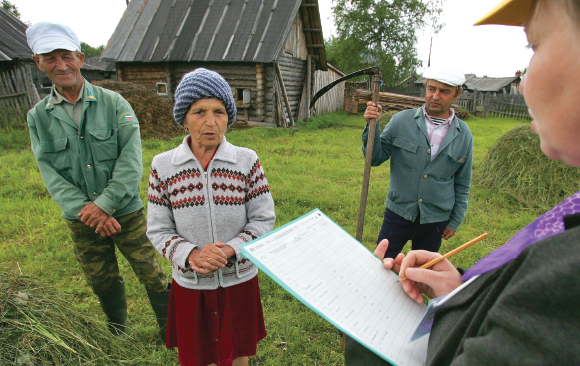Talk to People

If you’re looking for testimony, narratives, real-
You can also talk to people via surveys, which involves soliciting answers to a question or series of questions related to your topic from a broad range of individuals. Conducting a survey can give you a sense of how a group of people view a particular event, idea, or phenomenon. For example, if you are giving an informative speech on the ways text messages get misinterpreted, you might randomly select students on campus and ask them how often their text messages resulted in misinterpretations or conflicts. Results from surveys can be discussed to back up your points. Just remember to consider the credibility of your survey results. For example, did you make sure that the sample of people you surveyed was representative of the larger population of students?